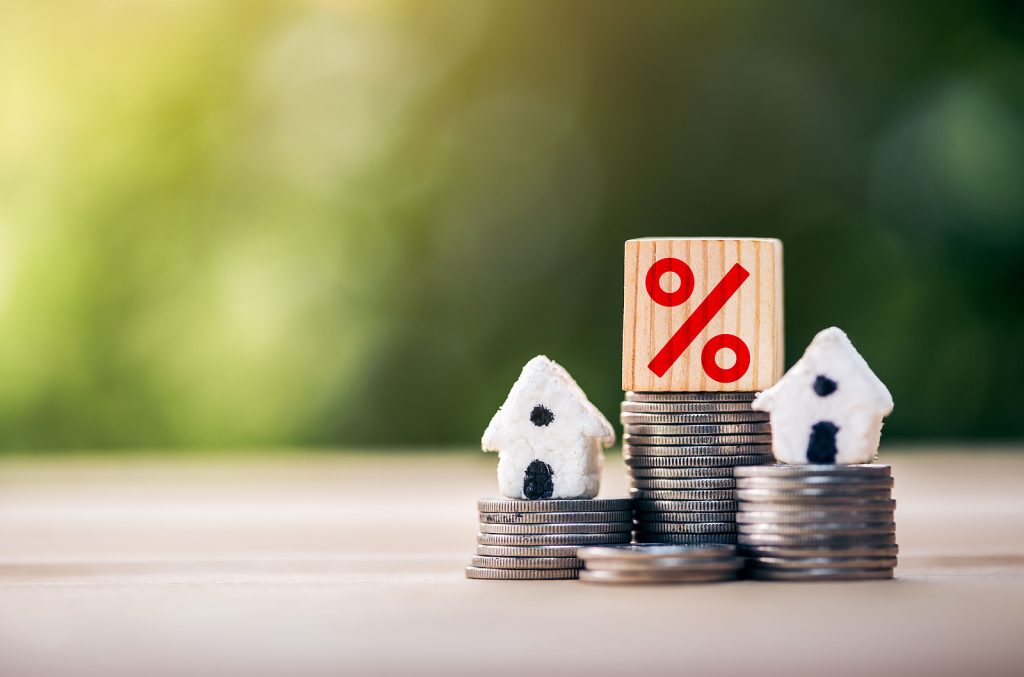
Selling or investing in real estate in Louisiana can be highly profitable; however, taxes can significantly impact your bottom line if not carefully planned. From property taxes in Louisiana to capital gains on investment properties, understanding local tax laws is crucial for both sellers and investors.
This guide outlines proven strategies to minimize taxes when selling or investing in property in Louisiana, ensuring you maximize your profits legally.
Understanding Louisiana Real Estate Taxes
Before exploring tax-saving strategies, it’s essential to understand the types of real estate taxes in Louisiana:
- Property Taxes: Annual taxes based on the assessed value of your property. Rates vary by parish.
- Capital Gains Taxes: Taxes on profit from selling a property. Louisiana taxes capital gains as part of its state income tax.
- Income Taxes on Rental Properties: Rental income is taxable at both the federal and state levels in Louisiana.
- Transfer Taxes and Recording Fees: Fees applied when property ownership changes hands.
Proper planning and understanding these taxes can help you reduce your total tax liability when selling or investing.
1. Use the Primary Residence Capital Gains Exclusion
If you’re selling your primary home in Louisiana, you may qualify for the capital gains exclusion:
- Up to $250,000 for single filers
- Up to $500,000 for married couples filing jointly
Requirements include owning and living in the home for at least two of the last five years.
Tip: Track home improvements carefully; these increase your property’s basis and reduce taxable gains.
2. Leverage a 1031 Exchange for Louisiana Investment Properties
For investors, a 1031 exchange is one of the most powerful ways to defer taxes. This IRS provision allows you to defer paying capital gains taxes by reinvesting proceeds into another “like-kind” property.
Key 1031 Exchange Rules for Louisiana Investors:
- Both properties must be held for investment purposes.
- Identify the replacement property within 45 days and close within 180 days.
- Taxes are deferred, not eliminated, until the replacement property is sold.
This strategy is especially valuable for Baton Rouge real estate investors or anyone growing a multi-property portfolio in East Baton Rouge Parish.
3. Deduct Property Expenses and Depreciation
If you own rental property, taking advantage of deductions and depreciation can reduce taxable income:
- Mortgage interest
- Property taxes
- Insurance
- Maintenance and repairs
- Property management fees
- Depreciation
Depreciation allows you to deduct a portion of the property’s value over time, even if the property appreciates. This significantly reduces your Louisiana state and federal tax liability.
4. Take Advantage of Louisiana Homestead Exemptions
Louisiana offers homestead exemptions to lower property taxes for primary residences:
- Reduces the taxable value of the property for parish property taxes
- Some parishes offer additional exemptions for seniors or disabled homeowners
Tip: Even if selling, tracking your homestead exemption history can help in long-term tax planning.
5. Use Installment Sales to Spread Out Capital Gains
An installment sale spreads the capital gains tax over several years, keeping you in a lower tax bracket each year:
Example: Selling a rental property for $500,000 over five years can result in a reduction of annual federal and state tax liabilities in Louisiana. This is especially useful for investment properties in Louisiana, where large gains could otherwise trigger high taxes.

6. Utilize Louisiana-Specific Tax Credits
Louisiana offers valuable real estate tax credits for certain investments:
- Historic Rehabilitation Tax Credit – For restoring certified historic properties.
- Low-Income Housing Tax Credit – For developing affordable housing.
These credits reduce your state tax liability directly and, combined with federal deductions, can enhance profits from investment properties.
7. Plan for Depreciation Recapture
Depreciation reduces taxable income during property ownership but may lead to recapture taxes on sale:
- Federal recapture tax: max 25%
- Louisiana taxes depreciation recapture as regular income
Ways to minimize recapture:
- Use a 1031 exchange to defer taxes
- Track improvements versus repairs meticulously
- Plan the timing of property sales with a tax professional
8. Keep Detailed Records for All Real Estate Transactions
Accurate record-keeping is essential to maximize deductions and minimize taxes:
- Purchase price and closing costs
- Home improvements
- Repairs and maintenance expenses
- Rental income and operating costs
Proper documentation ensures full deductions and compliance with the Louisiana Department of Revenue rules.
9. Work With a Local Louisiana Tax Professional
Louisiana’s tax rules are unique, so working with a local CPA or tax attorney is critical. A professional can help you:
- Identify state-specific deductions
- Plan timing for capital gains and 1031 exchanges
- Stay compliant with Louisiana property tax and income tax laws
- Maximize tax savings for Baton Rouge, New Orleans, and other Louisiana markets
10. Time Your Sale Strategically
Timing your sale can lower tax liability:
- Hold property for more than one year for long-term capital gains rates
- Consider the Louisiana state tax timing for income and deductions
- Coordinate property sales with other income to optimize your tax bracket
Tip: Strategic planning is especially important for investors with multiple properties in Louisiana.
Conclusion
Reducing taxes when selling or investing in Louisiana real estate requires planning, knowledge, and professional guidance. Key strategies include:
- Using the primary residence exclusion
- Leveraging 1031 exchanges for investment properties
- Deducting property expenses and depreciation
- Utilizing homestead exemptions and tax credits
- Planning the timing of sales and installment arrangements
Whether you’re selling your first home in Baton Rouge, investing in multi-family homes in East Baton Rouge Parish, or flipping properties in New Orleans, careful planning can save tens of thousands in taxes.
Always work with a Louisiana-based tax professional to tailor strategies to your situation, comply with local tax laws, and maximize your after-tax profits. With the right approach, you can grow your real estate portfolio while minimizing the tax impact on your returns.




